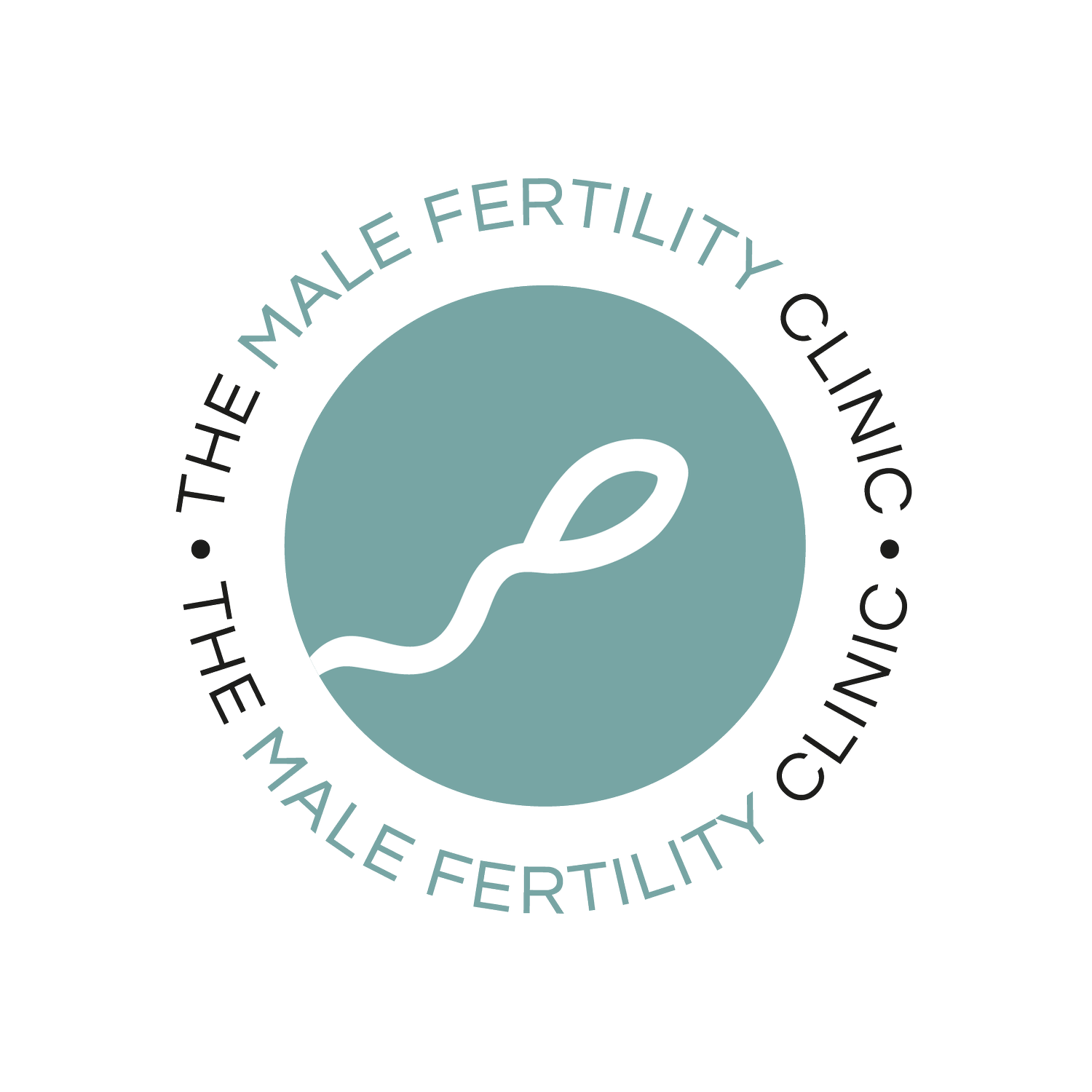Unravelling the Mystery of Dry Orgasms
What is a dry orgasm?
A dry orgasm, also known as a retrograde ejaculation, is a condition in which a man experiences orgasm without the release of semen through the urethra. Instead, the semen is redirected into the bladder. This can be a puzzling and concerning phenomenon for many men, as ejaculation is typically associated with the release of semen. Dry orgasms can occur spontaneously or as a result of certain medical conditions or medications. Understanding the causes and effects of dry orgasms is crucial in comprehending their impact on male fertility.
Causes of dry orgasms
There are various causes of dry orgasms, ranging from medical conditions to lifestyle factors. One of the most common causes is a dysfunction of the muscles that control the release of semen. These muscles, called the internal and external sphincters, are responsible for directing the flow of semen either towards the urethra or the bladder. When these muscles fail to function properly, semen can be diverted into the bladder, resulting in a dry orgasm.
Other medical conditions that can lead to dry orgasms include diabetes, multiple sclerosis, and certain surgeries. Diabetes can damage the nerves that control ejaculation, while multiple sclerosis can affect the nerves responsible for muscle contractions during orgasm. Surgeries such as prostatectomy or bladder neck surgery can also disrupt the normal ejaculation process, leading to dry orgasms.
Effects of dry orgasms on male fertility
Dry orgasms can have significant implications for male fertility. Since the semen is redirected into the bladder instead of being ejaculated, it cannot reach the cervix and fertilise an egg during intercourse. This can make it difficult for couples to conceive naturally. In cases where dry orgasms occur frequently, the chances of achieving pregnancy can be significantly diminished.
Dry orgasms may be an indication of an underlying medical issue that could affect overall reproductive health. It is essential for men experiencing dry orgasms to seek medical evaluation to identify any potential fertility concerns.
Medical conditions and medications
Several medical conditions and medications can contribute to the occurrence of dry orgasms. As mentioned earlier, diabetes and multiple sclerosis are conditions that can affect ejaculation. Additionally, conditions such as spinal cord injury, prostate enlargement, and certain types of cancer can also disrupt the normal ejaculation process.
Certain medications, such as alpha-blockers prescribed for high blood pressure or prostate conditions, can interfere with ejaculation and cause dry orgasms. Antidepressants, particularly selective serotonin reuptake inhibitors (SSRIs) and tricyclic antidepressants, are also known to have a side effect of inhibiting ejaculation.
Lifestyle factors
In addition to medical conditions and medications, lifestyle factors can play a significant role in male fertility and the occurrence of dry orgasms. Excessive alcohol consumption, tobacco use, and illicit drug use have been linked to fertility issues, including dry orgasms. These substances can interfere with hormone production, affect sperm quality and quantity, and disrupt the normal ejaculation process.
Obesity and poor diet can also contribute to male fertility problems. Being overweight or obese can lead to hormonal imbalances and impair sperm production. A diet lacking in essential nutrients, such as antioxidants and zinc, can negatively impact sperm health and function.
When to seek medical help
If a man experiences dry orgasms regularly or suspects an underlying fertility issue, it is crucial to seek medical help. A healthcare professional, such as a urologist or fertility specialist, can conduct a thorough evaluation to determine the cause of dry orgasms and assess overall reproductive health.
Medical intervention may be necessary to address any underlying medical conditions or medications contributing to dry orgasms. Additionally, fertility treatments, such as assisted reproductive technologies, may be recommended to overcome fertility challenges and achieve pregnancy.
Treatment options
The treatment options depend on the underlying cause and individual circumstances. If a medication is causing dry orgasms, a healthcare provider may adjust the dosage or prescribe an alternative medication.
For men seeking to improve their overall fertility, various lifestyle changes can be beneficial. Adopting a healthy diet rich in fruits, vegetables, whole grains, and lean proteins can provide essential nutrients for sperm health. Regular exercise, weight management, and stress reduction techniques can also contribute to improved fertility.
Natural remedies and lifestyle changes
In addition to lifestyle changes, certain natural remedies and supplements may support male fertility. Antioxidant supplements, such as vitamins C and E, may help reduce oxidative stress and improve sperm quality. Zinc supplements have also been shown to enhance sperm production and motility.
It is important to note that natural remedies and supplements should be used under the guidance of a healthcare professional. They should not replace medical interventions or be relied upon as standalone treatments for fertility issues.
Understanding and addressing male fertility issues
Male fertility is a complex topic, and dry orgasms can be a manifestation of underlying fertility concerns. By understanding the causes and effects of dry orgasms, men can seek appropriate medical help and explore treatment options to improve their fertility. Lifestyle changes, such as maintaining a healthy diet, exercising regularly, and avoiding substances that can negatively impact fertility, can also play a significant role in enhancing male reproductive health. Ultimately, seeking professional guidance and adopting a holistic approach to fertility can increase the chances of achieving pregnancy and building a family.
If you are experiencing dry orgasms or have concerns about your male fertility. Contact us or book a semen analysis test with the Male Fertility Clinic in London.

